Imperial Procession of Kamo Shrine
| Establishment | Kyoto Imperial Palace |
|---|---|
| Building | Omima |
| Room | Chudan-no-ma |
| Asset Type | Fusuma & Wall Paintings |
| Author | |
| Period | Ansei Era |
| Production date | 1855 |
| Size | H1.7m×W1.07m |
| Material | Light color, powdered gold leaf on paper |
| Format | Door pocket for sliding doors |
| Original/Copy | Original |
The Kamo Festival is depicted in the



